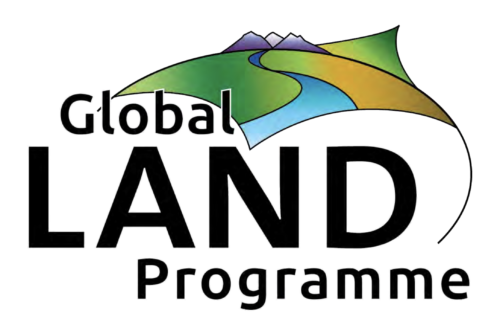University of Maryland to Become Global Land Programme’s New Headquarters

The international network for experts in land use will move to the United States on 1 February 2023, following seven years at Switzerland’s University of Bern
College Park, Maryland – The Global Land Programme (GLP)—a Future Earth Global Research Network that brings together more than 2,300 international land scientists to advance related research and activities—will move to its new home in the University of Maryland’s Department of Geographical Sciences (GEOG) on 1 February 2023.
As part of their work as a Global Research Network of Future Earth, GLP will continue to expand its engagement with society to understand knowledge needs, identify priority research and information gaps to address the challenges of global change, and generate actionable knowledge in support of sustainability transformations in land systems.
The GLP’s transition is made possible by a $2.3 million National Science Foundation (NSF) grant awarded to Associate Research Professor and GLP Executive Director Ariane de Bremond (PI), GEOG Professor and Chair Tatiana Loboda (Co-PI), and GEOG Professor Christopher Justice (Co-PI).
“The Department of Geographical Sciences is deeply involved in a variety of international programs that are guiding the constellations of Earth Observations and global scientific agendas on a sustainable future,” says Loboda. “We are excited to house this international research network on land system science and are looking forward to deeper engagement with the network’s communities in the upcoming years.”
By transitioning to the University of Maryland from Switzerland’s University of Bern, which hosted the GLP for the last seven years, the GLP will be able to expand its presence in the Americas and collaborate with new partners of the U.S. Global Change Research Program (USGCRP), including the National Aeronautics and Space Administration (NASA) and its Land-Cover and Land-Use Change Program, the U.S. Geological Survey (USGS) and the U.S. Agency for International Development (USAID), and the International Center for Geospatial Innovation in Geographical Sciences.
“Through these collaborations, we will expand our engagement with interested parties and decision makers to understand their knowledge needs, identify priority research and information gaps to address the challenges of global change, and generate actionable knowledge in support of sustainability transformations in land systems,” says de Bremond.
Global collaborations like those enabled by the GLP are increasingly sought-after as world leaders continue to search for solutions that combat climate change without compromising food security, cultural preservation, and sustainability.
“Different demands on land means that land use decision-making is often controversial; and that interdisciplinary research in land use is needed to better understand how land can be managed for societal benefit,” explains Justice. “Over the last twenty years the Global Land Programme has established itself as the premier international forum for land use scientists and an incubator for new directions in land use science. Hosting the GLP is truly an honor for the University of Maryland.”
More information about the Global Land Programme
Media Contacts:
Bridget Blake
Communications Manager
Future Earth
bridget.blake@futureearth.org
Lauren Hertel
Communications Manager
Global Land Programme
lhertel@glp.earth
DATE
January 24, 2023AUTHOR
Future Earth Staff MemberSHARE WITH YOUR NETWORK
RELATED POSTS
IPBES Report: Value of Nature Must Be Considered to Ensure a Sustainable Future